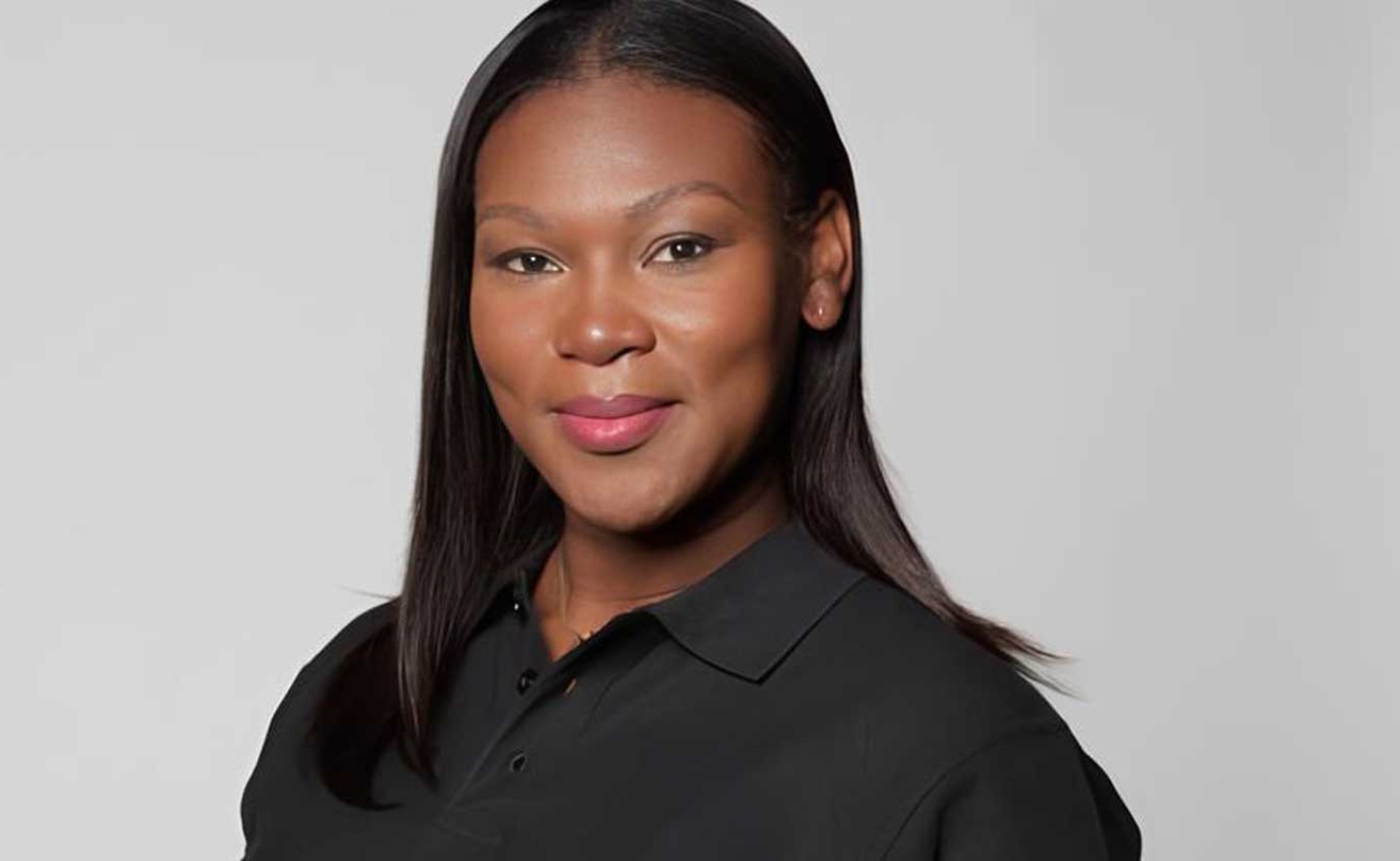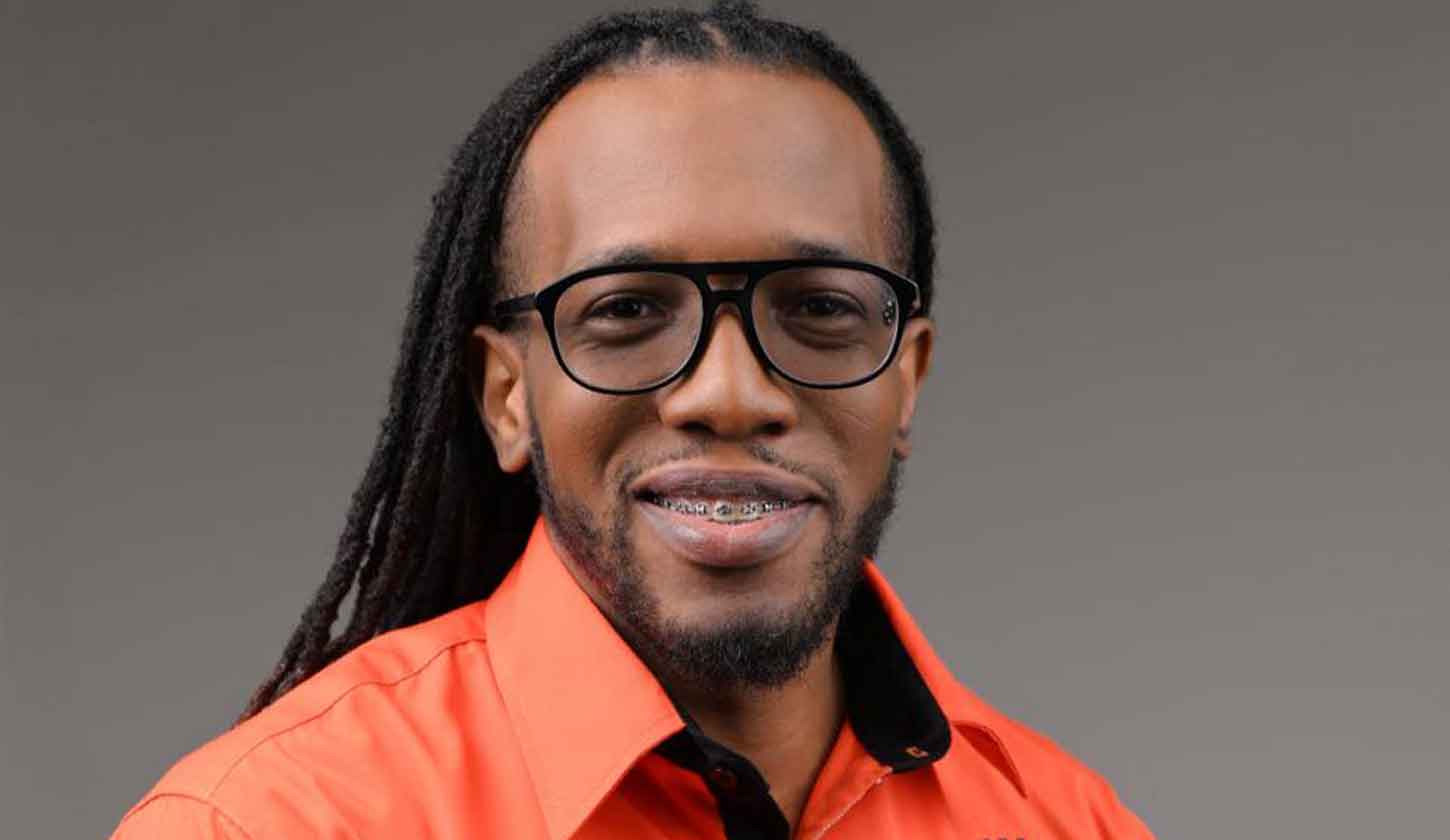JAMAICA | Doctor Suspended for Daring to Run for Office: PNP's Zuleika Jess Cries Injustice

SRHA interdiction of Dr. Aujae Dixon sparks constitutional crisis as PNP demands urgent policy reform
KINGSTON, Jamaica — The People's National Party has launched a scathing attack on the Southern Regional Health Authority, condemning what it calls "an egregious injustice" that threatens the very foundations of Jamaica's democracy.
At the center of the controversy: Dr. Aujae Dixon, a physician suspended from his medical duties for the "offense" of running for elected office in the September 3 general elections.
The opposition party's fierce denunciation of the SRHA's decision has thrust an uncomfortable question into the national spotlight: In 2025, should Jamaican public servants be forced to choose between serving their communities as healthcare professionals or as potential political representatives?
The PNP's intervention exposes what critics describe as a colonial-era absurdity—public servants punished for exercising their constitutional right to participate in democracy. For Dr. Dixon, that participation has cost him his livelihood. For Jamaica, the PNP argues, it represents a crisis of democratic values that demands immediate action.
 Dr. Aujae Dixon, a physician suspended from his medical duties for the "offense" of running for elected office. A Colonial Relic Resurfaces
Dr. Aujae Dixon, a physician suspended from his medical duties for the "offense" of running for elected office. A Colonial Relic Resurfaces

The interdiction stems from antiquated Staff Orders that prohibit public servants from engaging in political activities—regulations that critics argue are relics of a colonial era when the British Crown sought to maintain a politically docile civil service. What made sense under imperial rule appears increasingly anachronistic in an independent nation that prides itself on democratic values.
Opposition Spokesperson on Justice Zuleika Jess didn't mince words in her assessment: "This action undermines civic participation and threatens the very freedoms our democracy is meant to protect.
Such a move, whether the result of an overly zealous application of policy or misinterpretation of staff orders, has the effect of silencing those who seek to exercise their constitutional rights."
Her statement cuts to the core of the matter. Jamaica's Constitution explicitly guarantees freedom of expression and association—rights that should encompass the most fundamental form of political participation: standing for elected office.
By punishing Dr. Dixon for exercising these constitutionally protected freedoms, the SRHA has effectively created a two-tier democracy where certain citizens are more free than others.
The Barbados Blueprint
Jamaica is not navigating uncharted waters. Courts in neighboring Barbados have already confronted this exact issue, striking down similar prohibitions as unconstitutional. Those judicial decisions found that barring public servants from political participation "cannot be reasonably justified in a free and democratic society."
The Barbadian precedent offers both a roadmap and a warning. It demonstrates that Caribbean courts are increasingly recognizing the fundamental incompatibility between democratic principles and colonial-era restrictions on civic participation. Jamaica's continued enforcement of such policies places it on the wrong side of regional jurisprudence and democratic evolution.
Beyond One Doctor
While Dr. Dixon's case provides the immediate flashpoint, the implications extend far beyond one suspended physician. Jamaica's public service employs tens of thousands of citizens across healthcare, education, infrastructure, and administration.
If all these individuals are effectively barred from seeking elected office without sacrificing their careers, the nation's pool of potential political candidates is artificially restricted.
This creates a democratic deficit where professional expertise and frontline experience in public service—arguably invaluable assets for legislators—are systematically excluded from representative institutions.
Doctors who understand healthcare challenges firsthand, teachers who grasp educational needs, social workers who know community struggles—all potentially silenced before they can bring their expertise to policy-making.
Demands for Change
The PNP has issued clear demands: immediate rescission of Dr. Dixon's interdiction, his reinstatement to his substantive position, and comprehensive review of the Staff Orders to align Jamaica's policies with contemporary democratic standards and recent regional judicial decisions.
These are not radical proposals. They represent the bare minimum required to bring Jamaica's public service regulations into the twenty-first century and into alignment with constitutional protections that Jamaicans already nominally enjoy.
Democracy's Test
How the SRHA and the government respond will reveal much about Jamaica's commitment to democratic principles versus bureaucratic inertia. Will they defend anachronistic policies that silence public servants, or will they recognize that true democracy requires creating space for all citizens—regardless of employment—to participate fully in political life?
Dr. Dixon's suspension is more than an employment dispute. It's a litmus test for Jamaican democracy itself.
-30-
